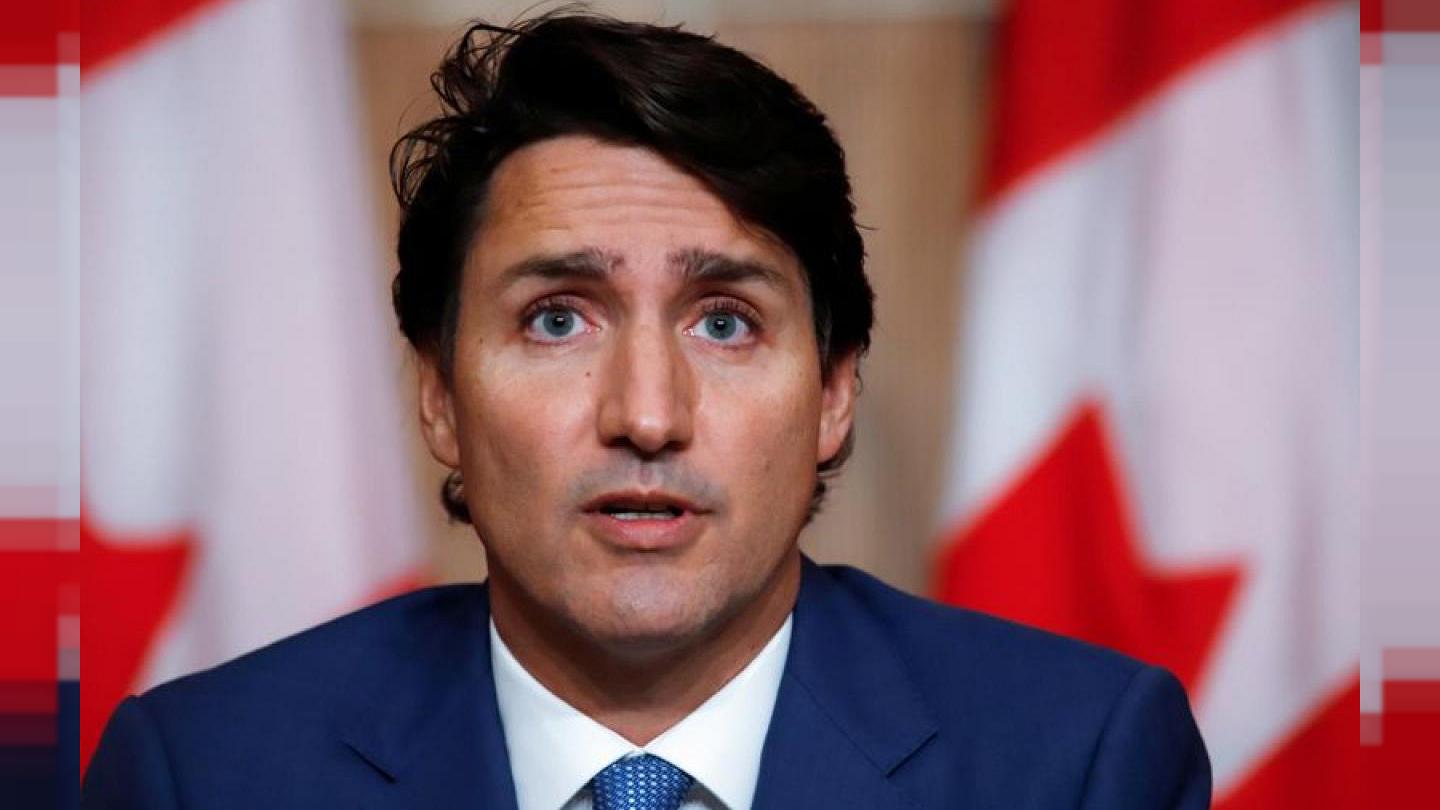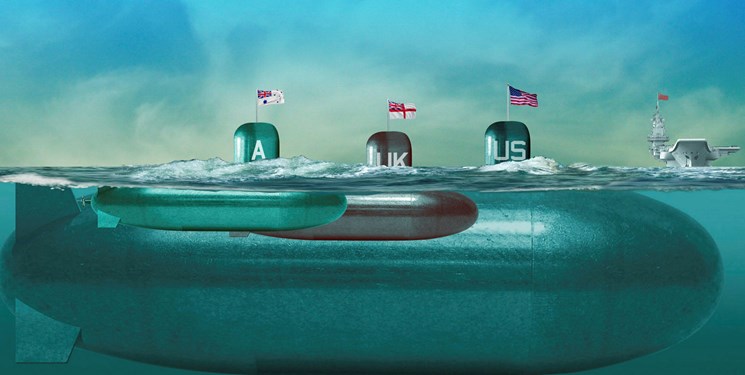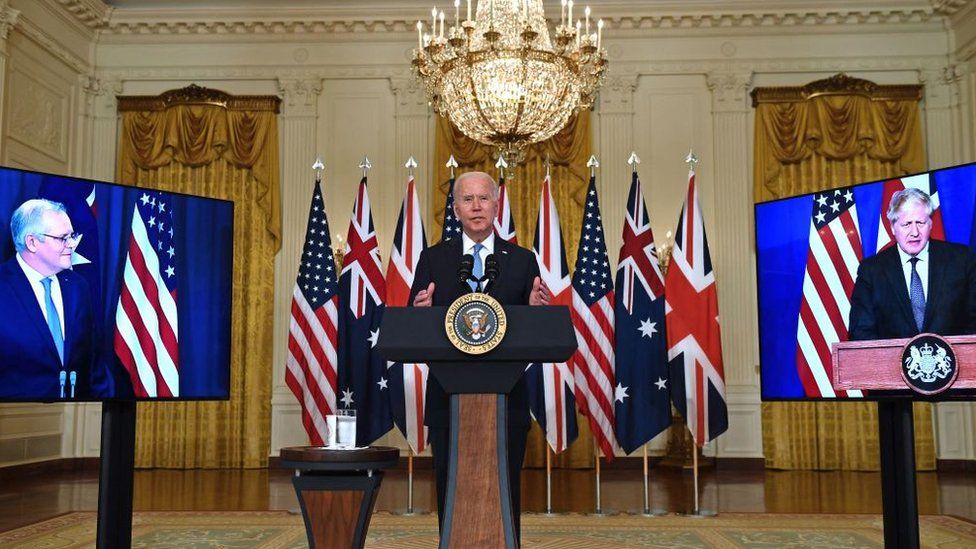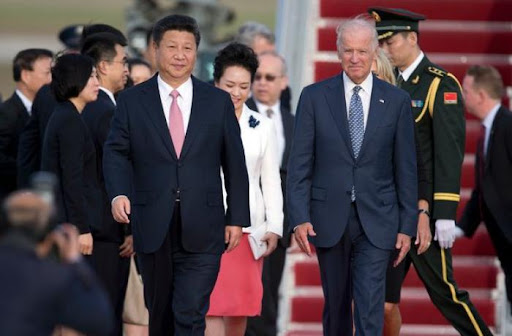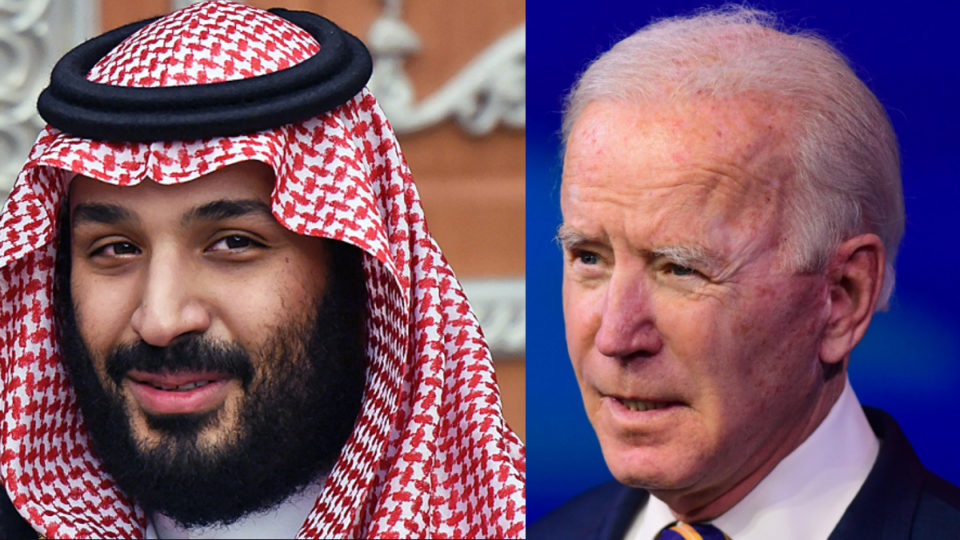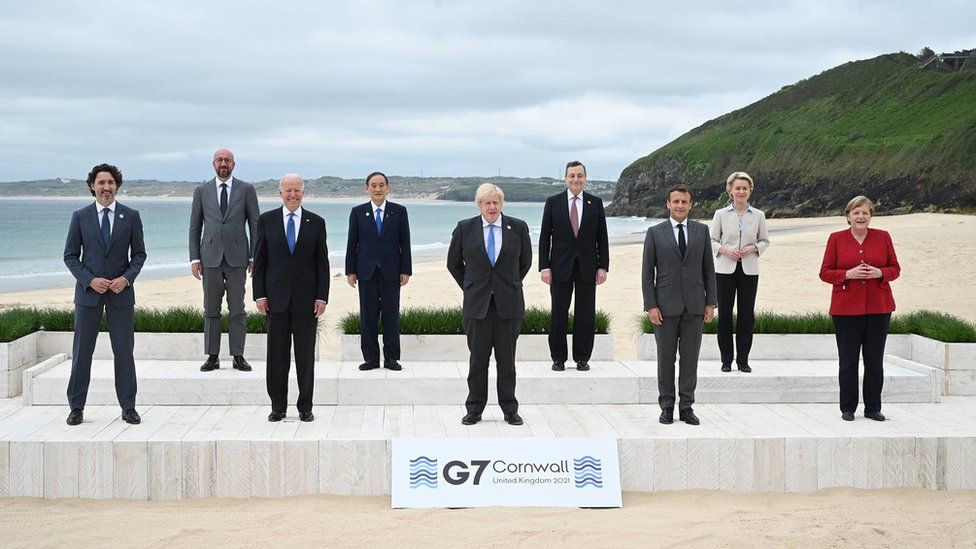The sanctions system is collapsing
PEJOURNAL - An American journal has published research articles explaining the ineffectiveness of UN Security Council sanctions, stating that a number of factors, including China and Russia's opposition to the sanctions, have been implicated.Foreign Policy Magazine writes that the UN sanctions system is facing challenges that have hampered its effective functioning. China and Russia's opposition to the sanctions, along with efforts by countries such as South Sudan and South Korea to intimidate and harass experts involved in identifying sanctions violations, has been influential.The UN Security Council first targeted a country in 1966 with economic sanctions.At the time, the Security Council…


